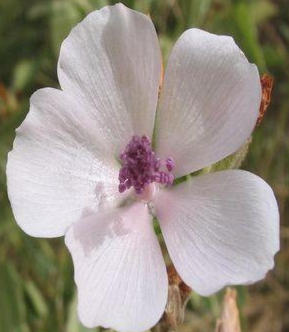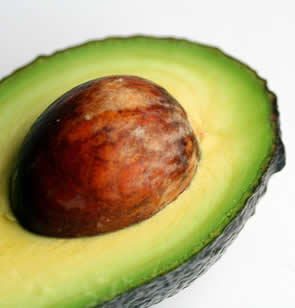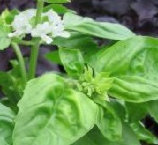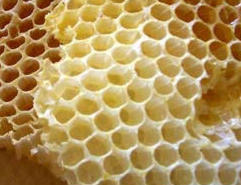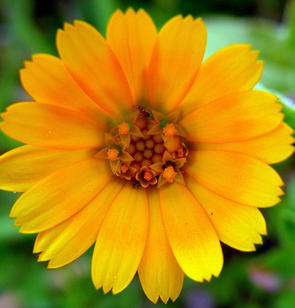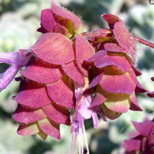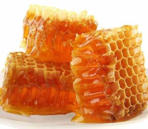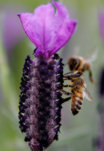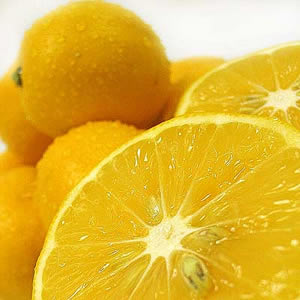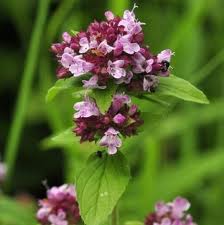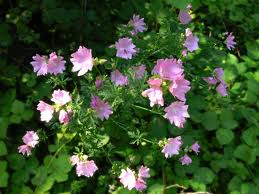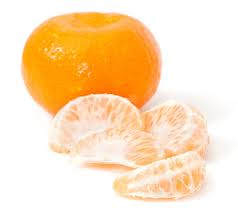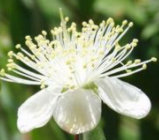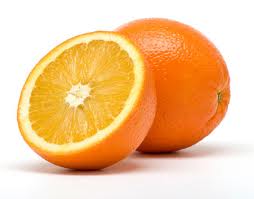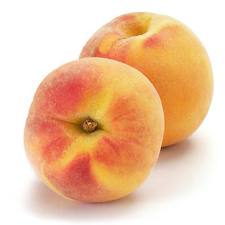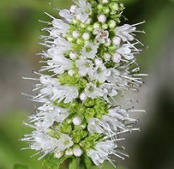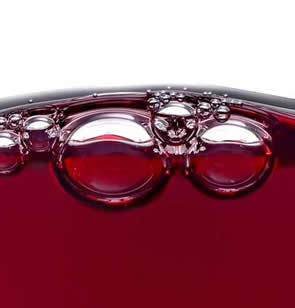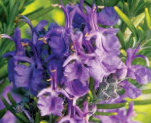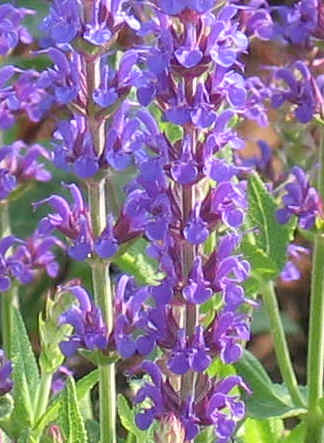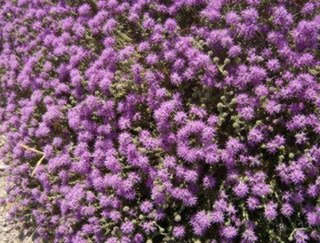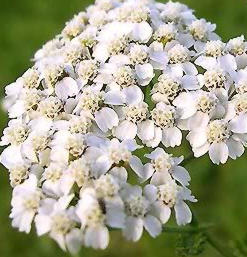
Mastic (Pistacia lentiscus)
Mastic is a small tree, Pistacia lentiscus, which grows primarily on the Greek island of Chios in the Aegean Sea. The people of Chios and throughout the Mediterranean region have been using mastic as a medicine for gastrointestinal ailments for several thousand years.
|
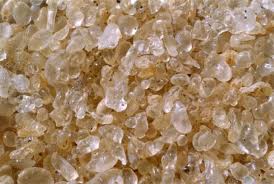 |
He observed that mastic was an effective agent for treating various forms of internal bleeding, a fact that had apparently already been known for a long time.
He also said that mastic "is diuretical, makes unstable teeth firm when washed with it, and its green sprigs are effective in cleaning teeth. The resin alone, when drunk, is good for bleeding exportations, old coughs, the stomach, stimulating hair growth on eyebrows, and is good in toothpaste because it cleans, makes teeth white, strengthens, and gives good breath.
Health Benefits & Modern Medicinal uses
In recent years, university researchers have provided the scientific evidence for the medicinal properties of mastic. Studies have discovered that mastic can reduce bacterial plaque in the mouth.
Natives of the Mediterranean region chew mastic resin to sooth the stomach and freshen breath. The benefits of mastic gum have been proven to ease high blood pressure and reduce heart attack risk due to its ability to absorb cholesterol.
The oil from mastic gum has anti-bacterial and anti-fungal properties and is often used in various ointments for skin, to treat boils, cuts, wounds and ringworm.
Mastic has a fresh, balsamic fragrance similar to pine. It is anti-inflammatory, antibiotic, antimicrobial, antiseptic, astringent, expectorant and diuretic.
It is used to treat arthritis and bronchitis. It is also used as an insect repellent.
It is an energetically complex essential oil and has the ability to clear away old, stagnant energies.

